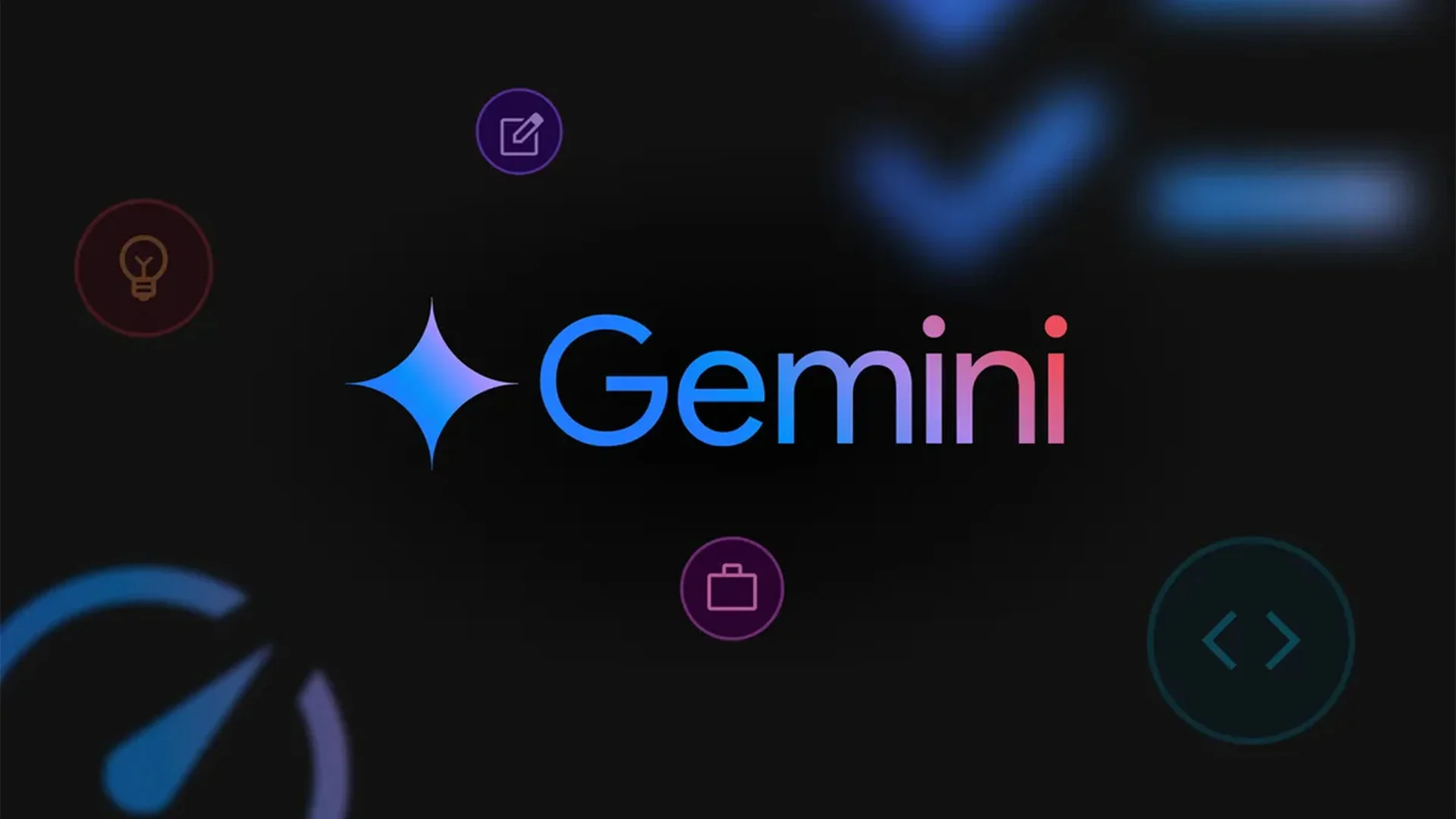The Article Tells The Story of:
- Gmail Q&A Feature: Google introduces Gemini-powered AI assistant for Gmail on Android, enabling users to ask questions and get email summaries or specific details.
- Enhanced Email Interaction: Gemini streamlines email management by replacing traditional search with AI-driven, conversational responses citing original emails.
- Premium Access Only: The feature is available to Gemini subscribers, with plans for integration across other Google services like Google Drive and Docs.
- Caution for Users: While transformative, users are advised to verify critical AI-generated information due to potential inaccuracies.
AI Meets Gmail: What is Gmail Q&A?
Google has introduced a groundbreaking feature called Gmail Q&A, now available for Android users who subscribe to Google Gemini. This AI-powered tool allows users to manage their email inboxes effortlessly by engaging with Google’s Gemini assistant directly within the Gmail app.
With Gmail Q&A, Gemini can read your emails, enabling users to ask specific questions or request summaries. For instance, users can say, “Summarize emails about quarterly planning,” or inquire, “How much was spent on the last marketing event?” The feature aims to save time and simplify inbox navigation by eliminating manual searches.
Check Out similar Article of Google Gemini: All About the AI Platform Published on February 5, 2024 SquaredTech
This advancement marks a shift in email interactions, emphasizing conversational and interactive tools over traditional search methods. Google’s Gemini button, located next to the Gmail search bar, facilitates quick access to the Q&A feature.
How Gmail Q&A Changes Email Search
Previously, users relied on the search bar to locate information in their Gmail accounts. While the search function remains, Gmail Q&A adds a smarter alternative. Instead of typing keywords and scrolling through results, users can get summarized responses that cite the original emails.
Subscribers can activate the feature by clicking the black star icon in the top-right corner of the Gmail app. Although this feature currently interacts only with emails, Google plans to expand its capabilities to include Google Drive files in the future.
However, Gmail Q&A is exclusive to paying Gemini subscribers, with no plans for a free version at this stage. This reflects Google’s strategy to monetize its AI offerings, integrating Gemini across other services like Google Docs and Google Calendar under a premium pricing model.
The Future of Gmail and AI Integration
Gmail Q&A signals a new era in email management by integrating AI as a central feature. While it streamlines email tasks and enhances productivity, users should verify AI-generated responses for accuracy. Even advanced models like Gemini can occasionally provide incorrect information.
As Google continues to expand Gemini’s functionality across its services, the possibilities for AI in communication and productivity appear limitless. Gmail Q&A is just the beginning, promising a smarter, more efficient way to manage digital communication.
More News: Tech News – Artificial Intelligence


